What to Do after Embryo Transfer to Increase Success?
Fertility Treatment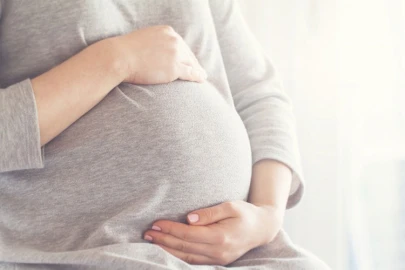
Recent studies reveal that almost one in eight women face challenges conceiving naturally, leading to a growing global awareness of assisted reproductive technologies like In Vitro Fertilization (IVF). An essential step in IVF is the embryo transfer process, providing hope for those seeking to become parents. However, the journey doesn't end there.
This article focuses on what comes next – essential steps to boost the chances of a successful pregnancy after embryo transfer. From adopting a healthy lifestyle to following medical advice, we'll explore practical strategies. For insights on pre-embryo transfer care, check out RaadinaHealth's article, "Foods to Eat Before Embryo Transfer."
In the upcoming sections, we'll break down the do's and don'ts during the post-embryo transfer phase, providing helpful guidance for those navigating the IVF process.
How Is Invitro Fertilization (IVF) Performed?
In vitro fertilization (IVF) is a rather complex procedure usually applied to couples who cannot conceive a child through sexual intercourse. In IVF, doctors prescribe ovulation induction medicines to increase follicle-stimulating hormone (FSH) production and boost egg production.
In the next step, the sufficiently grown eggs are retrieved from the uterus (follicular puncture) and then transferred to the embryology laboratory to fertilize with sperm. After fertilization, the developed embryo is transferred to the mother's womb using a narrow tube called a catheter.
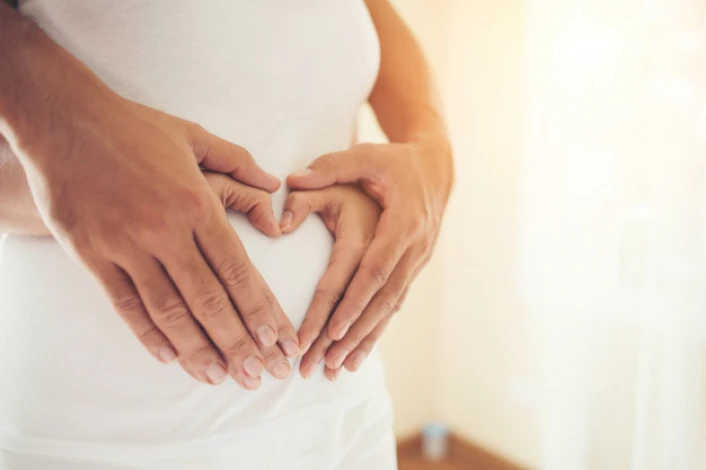
Why Is IVF Done?
In most cases, IVF is done for couples with certain medical conditions, including:
- Ovulation disorders;
- Damage or obstruction of the fallopian tubes;
- Endometriosis;
- Premature ovarian insufficiency;
- Uterine fibroids;
- Genetic disorders and
- Abnormal sperm production (Azoospermia).
Things to Do After IVF Transfer
IVF post-op will increase the chance of successful pregnancy to a great extent. The need for taking care during pregnancy with IVF is more than a normal pregnancy because if pregnancy with IVF fails, the couple may get infertile forever. In the following, some precautions after embryo transfer regarding what to do after embryo transfer are mentioned:
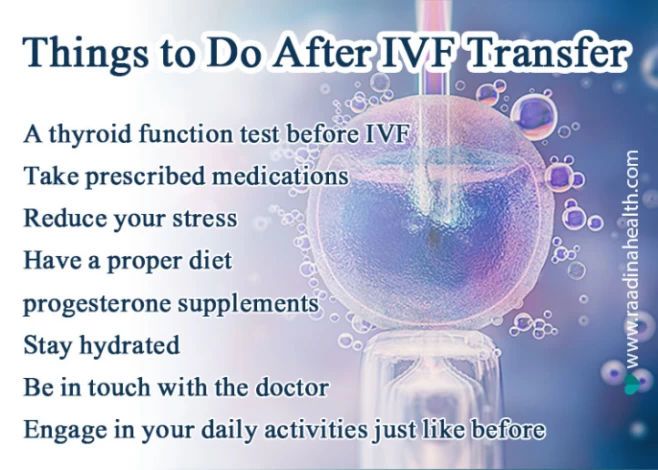
- A thyroid function test before IVF
Thyroid problems can directly affect your pregnancy and sometimes lead to miscarriage. If you have a thyroid problem, consult your doctor before the embryo transfer and, if necessary, take thyroid medications;
- Take prescribed medications
Take all the prescribed medications on time, and do not cut or increase any medication yourself. You may feel bloated due to taking progesterone-containing medications. If this feeling is unbearable to you, get help from your doctor.
- Reduce your stress
Stress can have a negative effect on the success or failure of IVF, so it is better to do yoga and meditate to reduce your stress;
- Have a proper diet
Eating fruit, vegetables, and foods rich in calcium, protein, vitamin B, and iron can minimize your digestive discomfort and enhance your general health;
- Engage in your daily activities just like before
You can drive, cook, and go shopping just as usual. Just be careful not to lift anything heavier than 5 pounds;
- progesterone supplements
Take progesterone supplements, as they can prepare your uterus for a healthy pregnancy.
- Stay hydrated
Fluids can improve the function of endometrial cells and increase your chance of pregnancy through IVF.
- Be in touch with the doctor
Most patients experience minor bleeding after IVF transfer, and that’s normal. But, if your bleeding is severe and continues for an extended period, contact your doctor right away;
Things to Avoid after IVF Transfer
Here are some crucial precautions after embryo transfer:
- It is recommended not to have sex after IVF transfer as it may cause infection and contraction;
- Avoid being exposed to chemicals. Some chemicals can pass through the placenta and can easily cause miscarriage;
- Avoid contact with people who have colds, chicken pox, flu, and rubella;
- Avoid doing heavy exercises such as aerobics, running, jogging, or cycling;
- Avoid taking long baths in bathtubs. Also, it would help if you refrained from going to the swimming pool, sauna, or beach as you may get an infection in there;
- Do not climb the stairs as much as possible;
- Stay away from harmful radiation and
- Avoid taking birth control pills after IVF transfer.
What to do after Frozen embryo transfer to increase IVF success rate?
It is recommended to rest for three days after the frozen embryo transfer; however, you are allowed to take a shower after 48 hours. It would help if you avoided heavy activities and did not return to work until 24 hours after the transfer.
Of course, there is no need to take bed rest, use a wheelchair to move, or even sleep in a particular position (for example, placing the legs above the body). We should note that losing the embryo is not scientifically possible due to severe coughing or sneezing after a transfer.
It usually takes three days before the embryo implants into the endometrium; therefore, it will be no problem to return to regular routines or even travel three days after the transfer.
What to Eat after the Embryo Transfer?
Having an appropriate diet and being careful about what to eat after embryo transfer is very important and can have a great impact on the success rate of this method. Having a normal weight and a healthy diet can make your pregnancy easier and more enjoyable.
After the embryo transfer, foods that should be included in your diet are chicken and fish, cereals, legumes such as beans, peas, lentils, fruit, fresh vegetables, etc.

Foods to Avoid After Embryo Transfer
Also, do not eat leftovers, too much sugar, processed food, canned food, alcoholic beverages, caffeine, and foods containing mercury from the day of embryo transfer. If your doctor suggests, take a multivitamin with folic acid every day.
Exercising After IVF Transfer
Many patients think that they shouldn’t do any physical activity after IVF transfer; however, you should know that you can maintain a healthy BMI by doing light exercises during this period. As a result, your uterus will have a better condition for holding the embryo. One of the most important things to do after embryo transfer is doing physical activities such as walking for an hour every day. You can gently walk around the house or on a treadmill as long as you don’t feel any pain or discomfort in your abdomen.
On the other hand, you should avoid heavy exercises such as cycling and running for 7 days because these activities can transfer blood flow from the uterus to other parts of the body, resulting in thickening of the uterine endometrium and endangering the embryo.
Having Sex After IVF
It is recommended not to have sex until you receive your pregnancy test result. Sex can cause uterine contractions and infection, which can interfere with the embryo's implantation in the uterus.
Medication After IVF Embryo Transfer
It is essential to take your prescribed medications on time; each has been prescribed for a specific reason and to treat a particular disease. Some of the medicines that patients should take after IVF transfer include:
- Thyroid drugs for patients with thyroid problems;
- Steroid meds for patients with specific diseases such as lupus and asthma;
- Antidepressants for women who have depression or anxiety disorder and
- Supplements contain vitamin D (to prevent the embryo from developing autism) and folic acid (to prevent brain damage and spine disorders).
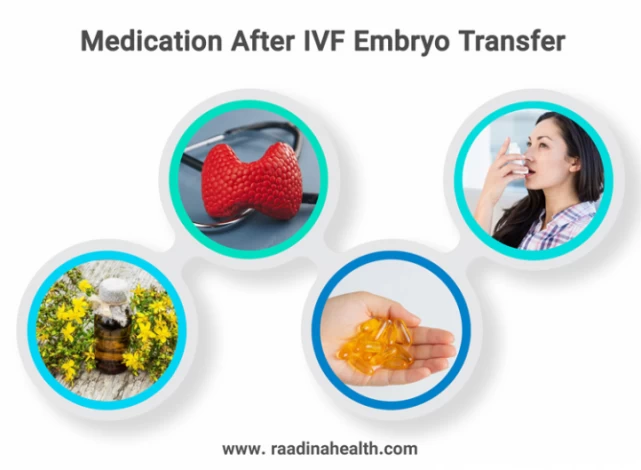
Bleeding & Spotting After IVF
Most patients experience bleeding and spotting after IVF, especially after egg retrieval and embryo transfer. The good news is that light bleeding or spotting is often a sign of pregnancy. However, if the bleeding continues for days, contact your doctor immediately.
Read the " positive signs after embryo transfer " article for more information about successful transfer after IVF.
Bathing After Embryo Transfer
You can take a bath three days after embryo transfer; however, you should be careful that the water should not be too hot. Also, using a Jacuzzi and sauna (due to high heat), swimming pools, and spa will harm you and the embryo, so avoiding them for at least three weeks after IVF transfer is recommended.
Staying In Bed After Embryo Transfer
Usually, the doctors ask the patients to rest at home for almost five days after the IVF transfer. According to the latest investigations, absolute rest is not recommended after IVF because having no physical activity can increase the risk of blood clotting and may cut the embryo's blood supply.
So, if you do not feel tired, you do not need to spend the whole day in bed. During the IVF process, consider the mentioned cares, keep calm, and think positively.
Housework After Embryo Transfer
Recent studies show no evidence that bed rest for 14 days will increase the chance of pregnancy after IVF. You have to rest just a couple of days after embryo transfer and no more. Most physicians suggest that doing household chores such as cooking and vacuuming, gardening, pushing the buggy, and even doing moderate exercises at home can reduce stress and regulate blood circulation, all leading to successful conception after embryo transfer.

Sleeping Position after Embryo Transfer
As mentioned, you can resume your everyday life after the embryo transfer. The embryo needs a ready uterus and a thick lining to be implanted so you can sleep and loll in any comfortable position. However, some doctors believe that placing a pillow under the legs can increase blood flow in the pelvic area and help the embryo's implantation.
Climbing Stairs after IVF Transfer
Avoid climbing stairs as much as possible for two days after IVF transfer. After that, if you are in good condition and are not spotting or bleeding, you can gently walk up and down the stairs and take a break when you are out of breath. Using stairs after embryo transfer is not a problem; however, you should avoid running, jogging, and jumping on the stairs, as these activities will increase your heart rate and body temperature at once.
Lab Tests After IVF
After IVF, you need to take several lab tests such as hormone tests, tests of ovaries and fallopian tubes, hepatitis B surface antigen, and syphilis (RPR). Finally, two weeks after embryo transfer, a beta pregnancy test is taken to confirm the pregnancy.
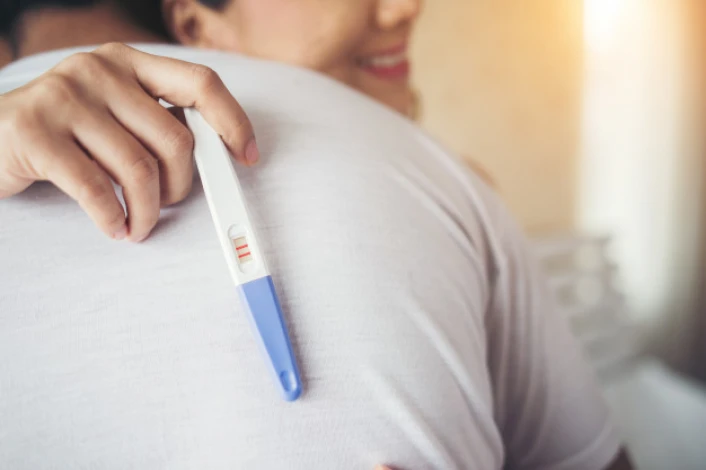
conclusion
To summarize, embryo transfer is the last step in the IVF process. The success of this treatment depends on several factors, such as the quality of the embryo, the health condition of the mother, and IVF post-op care.
Iran is considered one of the leading countries in providing medical services, especially fertility treatments, with higher success rates than the world average.
You can use IVF or other assisted reproductive techniques in Iran at a lower price and higher quality than in other countries. Begin here to create your own IVF package and learn about the cities you can choose and how long you must spend in Iran to complete your treatment.
FAQs about IVF Aftercare
Can I bend over after embryo transfer?
Although a little bending will not affect your embryo implantation, it is recommended not to bend over repeatedly after IVF transfer.
Can I lift anything after the IVF transfer?
Lifting heavy objects after IVF transfer can cause cramps and may impact your implantation process. Therefore, you must avoid lifting heavy things -even your other child- for at least two weeks after embryo transfer.
Do I need bed rest after the IVF transfer?
No. You don’t need entire bed rest after IVF transfer, but taking a day or two off from work is suggested as having enough rest at home.
Can you walk around after IVF transfer?
Yes. After the IVF transfer, you can resume your daily activities, such as going for walks, working, and doing the everyday chores at home. However, be careful not to put pressure on your stomach when walking and doing household.
Is climbing the stairs harmful after the embryo transfer?
In general, climbing stairs would not affect your implantation, but it is better not to use stairs for a couple of days after the IVF transfer.
What are the important things to do after an embryo transfer?
After an embryo transfer, focus on rest, staying hydrated, eating balanced meals, avoiding intense activity, and following all medications exactly as prescribed. Light daily movement is fine, but heavy lifting and stress should be minimized.
Can I wash my hair after embryo transfer?
Yes, you can wash your hair after the embryo transfer. Showering does not affect implantation as long as you avoid very hot water and do not stand for too long if you feel tired.
Can I bend after embryo transfer?
Light bending is safe, such as tying your shoes or picking up small items. However, avoid repeated deep bending, heavy lifting, or movements that strain your abdominal muscles during the first few days.
Can I go shopping after embryo transfer?
Yes, you can go shopping if you feel comfortable. Choose light, short trips, avoid carrying heavy bags, and take breaks to prevent fatigue.





 WhatsApp
WhatsApp
 Telegram
Telegram
 Facebook
Facebook
 Email
Email

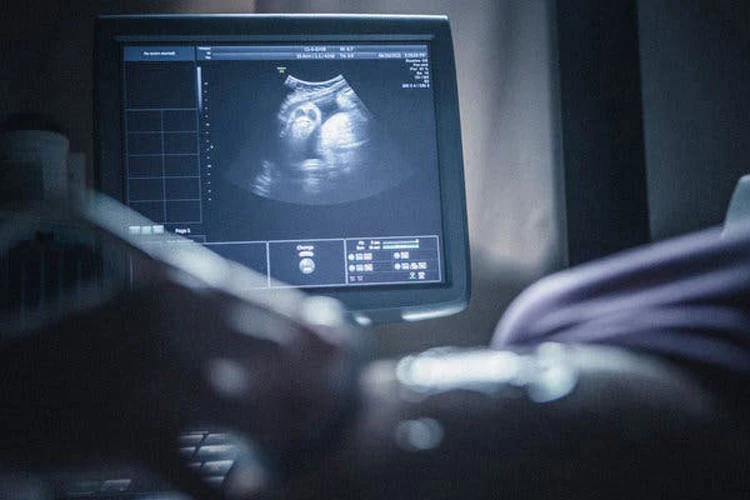
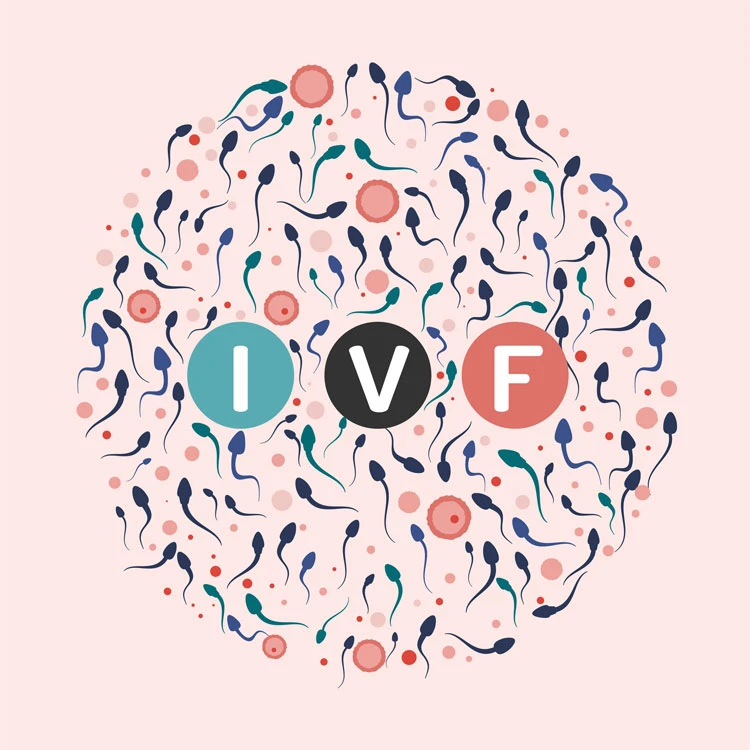
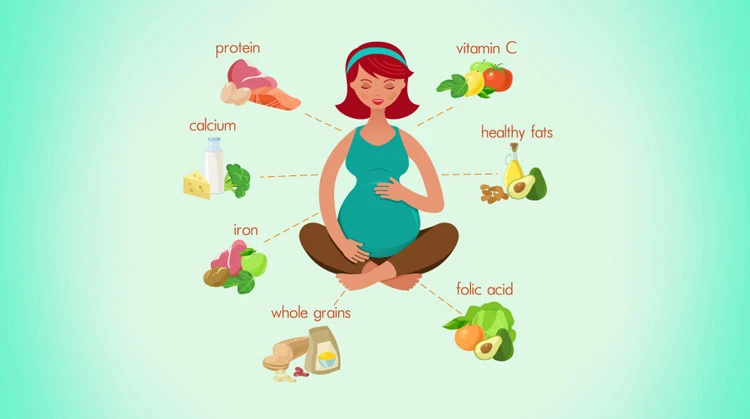
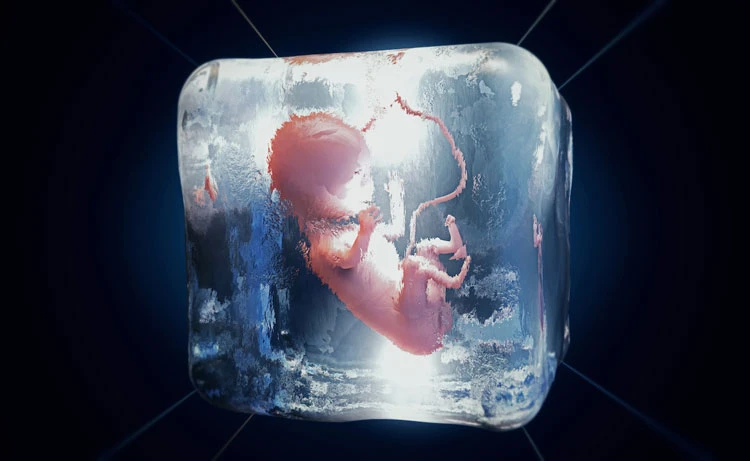

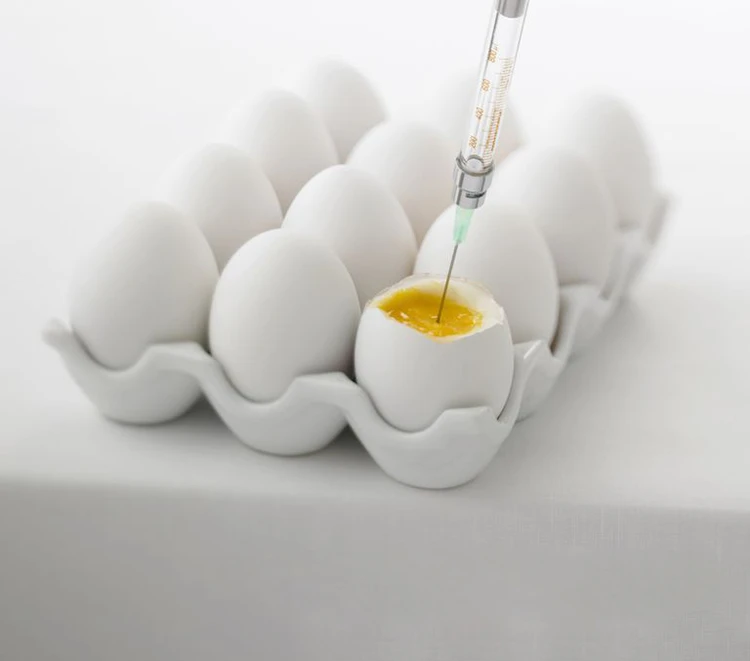
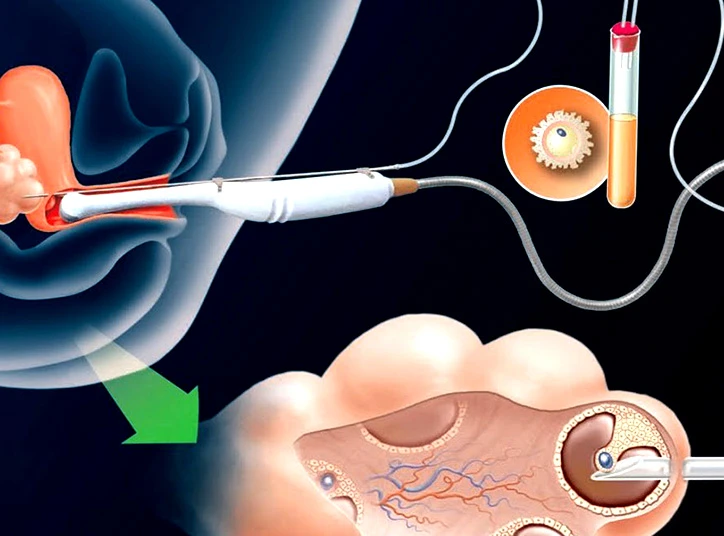
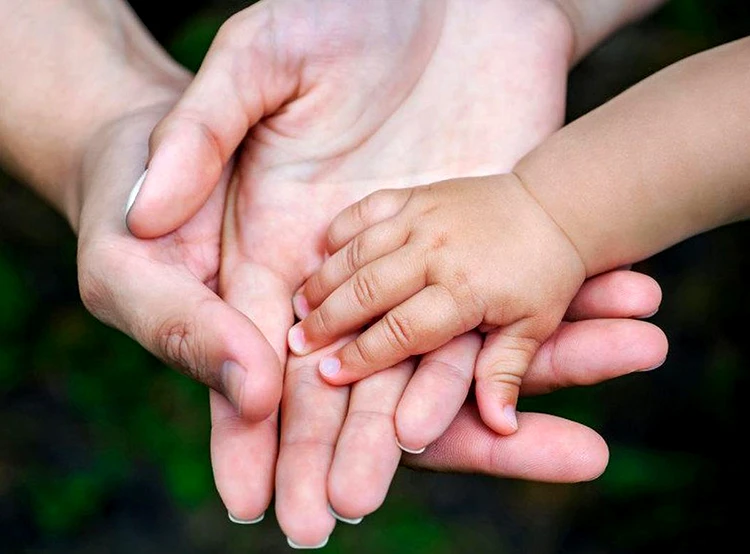
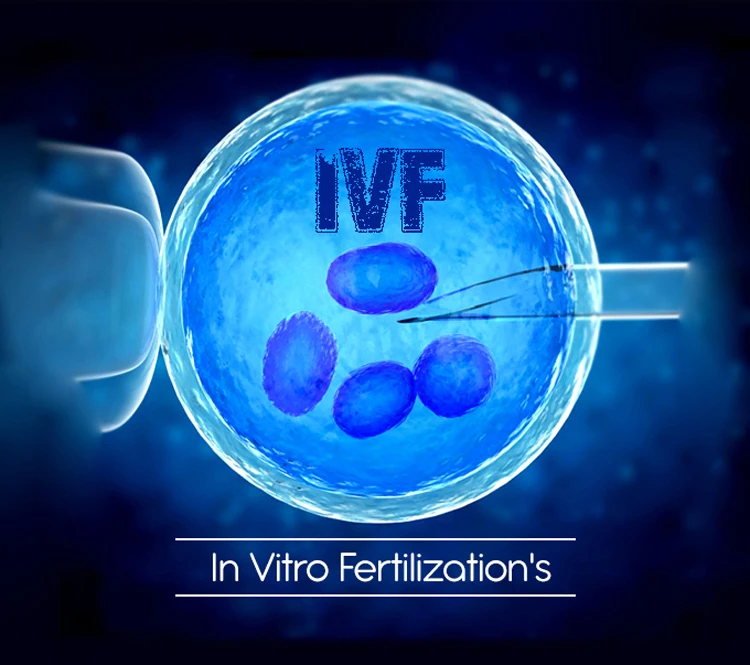
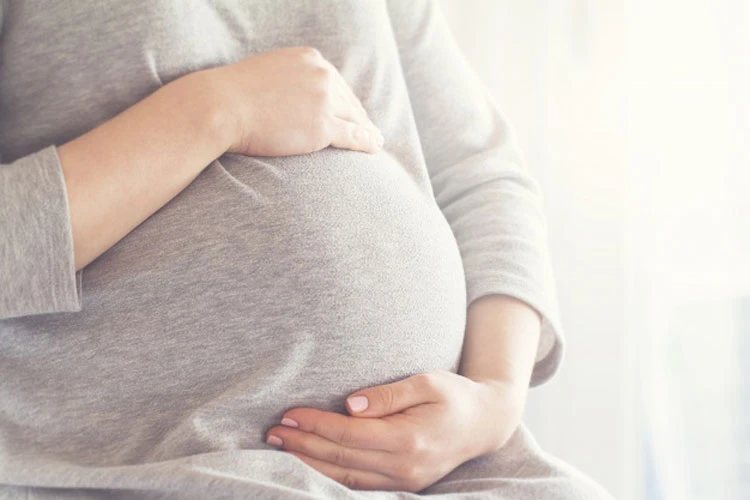
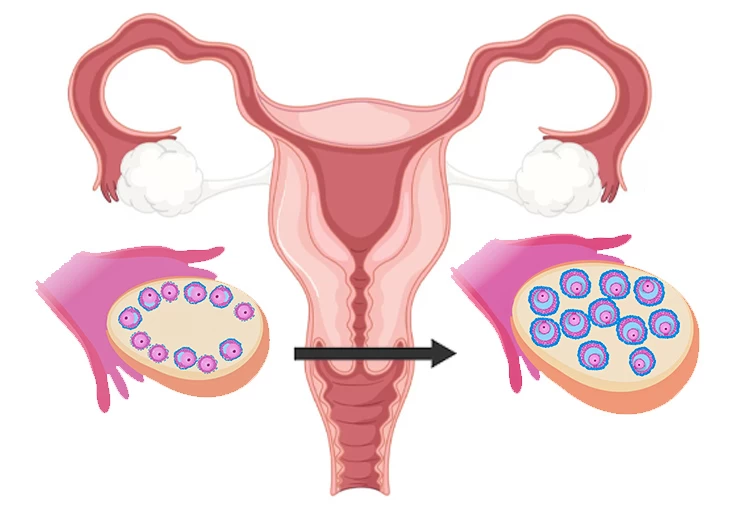
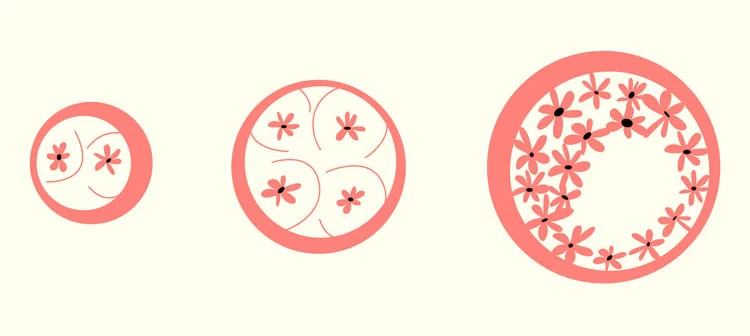
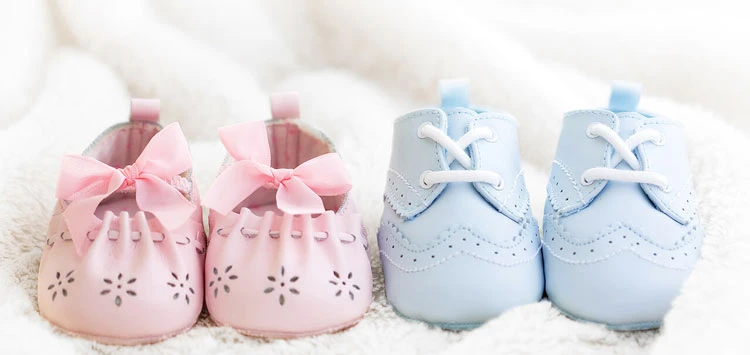
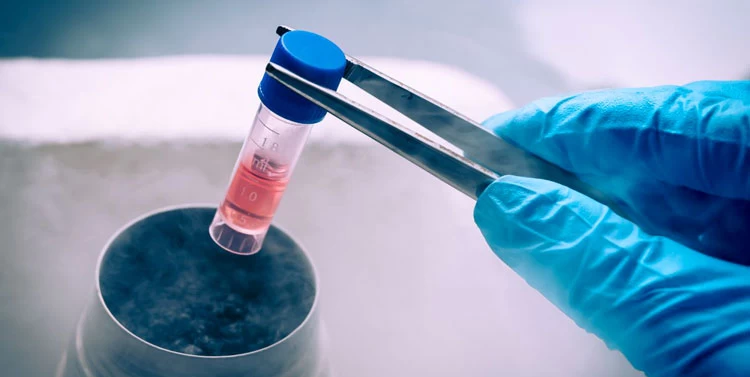

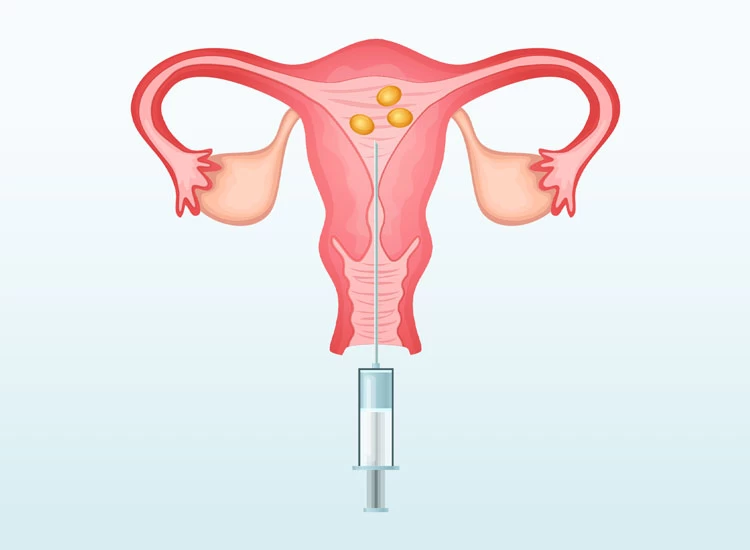
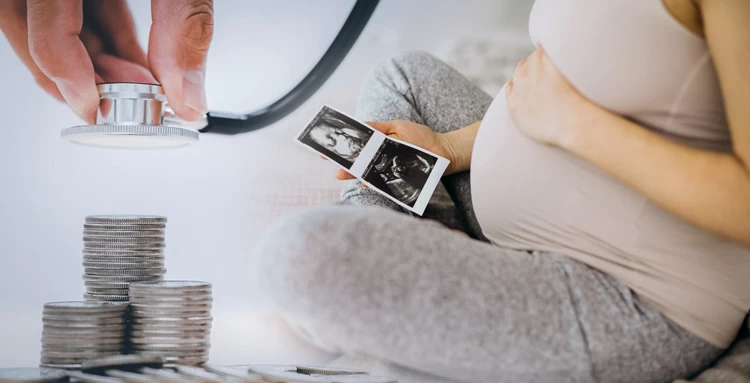

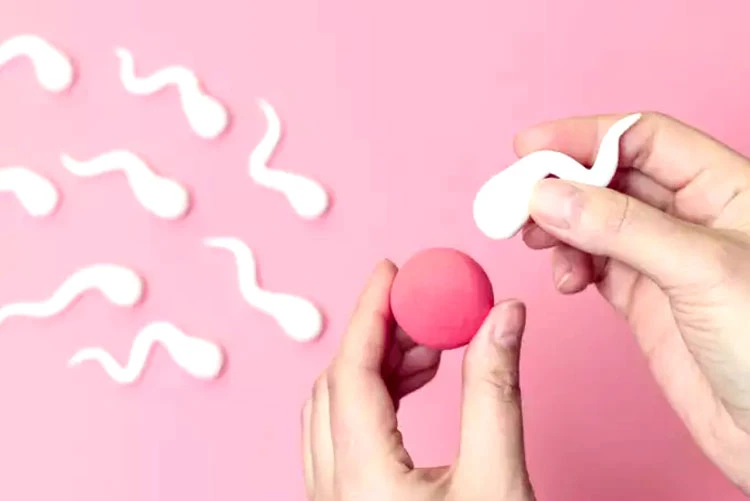
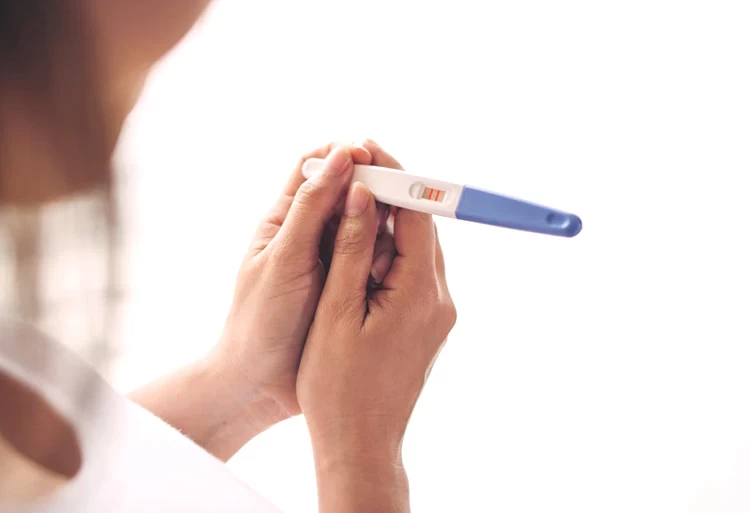
User
-Hi there. can i eat chicken after embryo transfer?
Habib Ebrahimi
-Hi,
There is no problem with chicken consumption.
User
-Can I travel by car after embryo transfer?
Habib Ebrahimi
-Hi,
There is no restriction for traveling after embryo transfer. However, we advise waiting at least three days before going on a long road trip.
User
-Can I go to work after embryo transfer?
Habib Ebrahimi
-It will be better if you stay at home for 2 week .
also if your work not hard you can go to work 3 day after transfer
User
-can I carry my kid 15 kg after doing the embryo transfer??